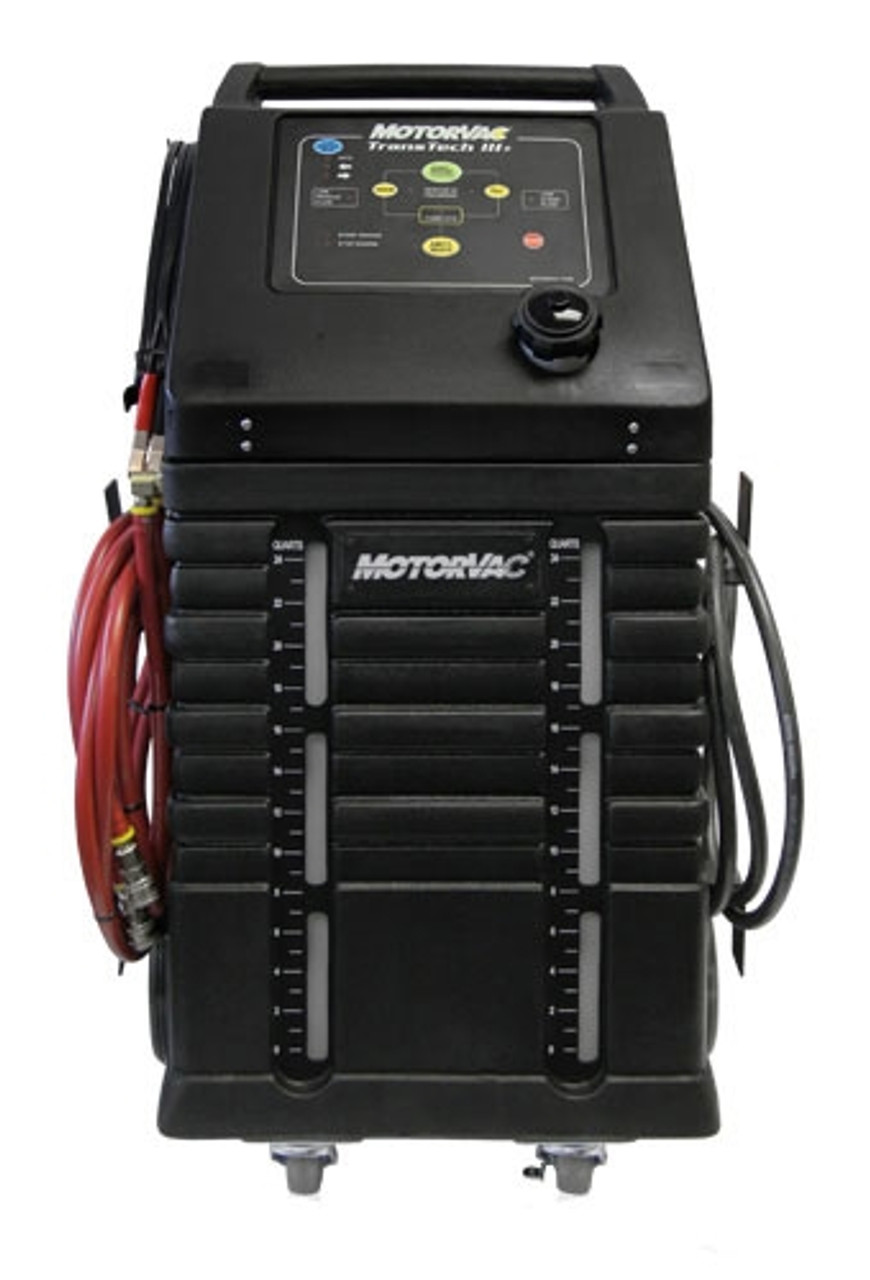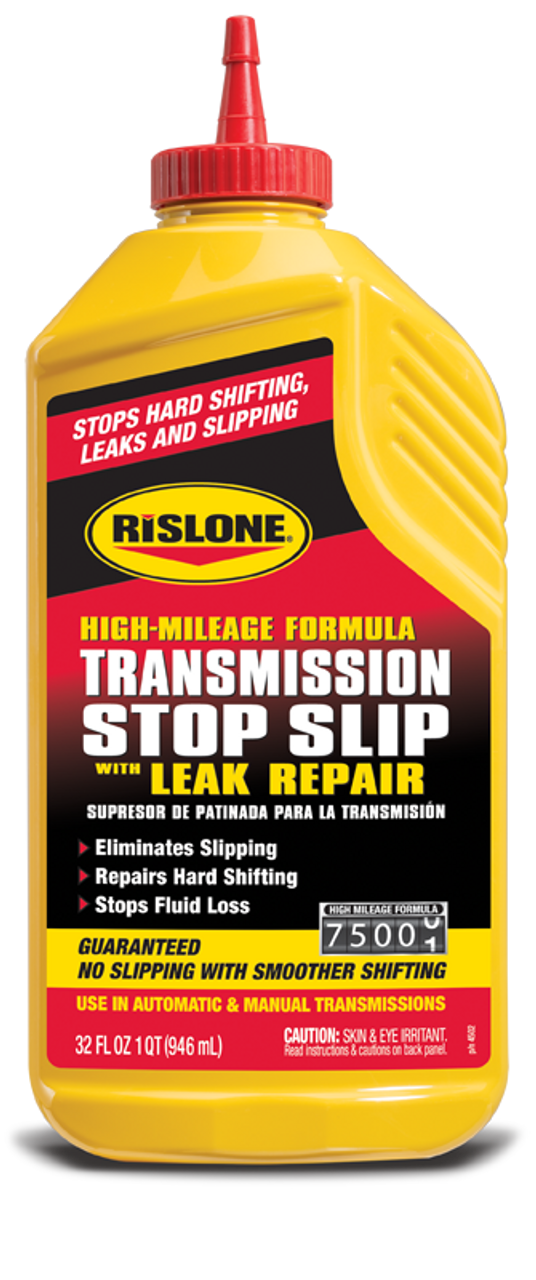Is transmission fluid the same as engine oil?
10th Sep 2024

Transmission fluid oil and motor engine oil are two essential fluids that keep your vehicle running smoothly, but they serve different purposes in maintaining optimal vehicle performance. Many car owners often wonder if transmission fluid oil and motor engine oil are interchangeable, or if they can be used in place of one another without causing damage to the vehicle's systems.
Throughout this article, we'll dive into the specific functions of transmission fluid and engine oil, examining their unique properties, the roles they play in your car's systems and why they should never be confused or substituted for one another.
Let’s get started!
Transmission Fluid
Transmission fluid oil is crucial for the smooth operation of your vehicle's transmission, serving three key functions: lubrication, heat dissipation, and supporting hydraulic operations, ensuring your transmission runs efficiently and lasts longer. It reduces friction and wear within the transmission, while also preventing overheating by transferring heat away. Additionally, it facilitates the hydraulic functions necessary for automatic transmissions to change gears efficiently.
Despite its critical role in vehicle performance, transmission fluid oil maintenance is often overlooked, partly due to its extended service intervals, which can lead to transmission problems if not monitored regularly. Regular checks and timely replacement of the fluid are essential to prevent performance issues and extend the transmission's lifespan, ensuring reliable vehicle operation over time.
Types of Transmission Fluid
Transmission fluid oil is essential for the smooth operation of your vehicle's transmission, ensuring efficient gear shifts, proper lubrication, and overall system functionality, especially in automatic transmission. Here’s a concise overview of the main types of transmission fluids:
- Automatic Transmission Fluid (ATF): Specifically designed for automatic transmissions, ATF lubricates critical components, operates valves, and assists with brake band friction and torque conversion, ensuring smooth and reliable gear shifts. Various formulations like Dexron and Mercon cater to specific manufacturer requirements.
- Manual Transmission Fluid: Specifically formulated for manual gearboxes, this fluid is usually less viscous, providing the necessary lubrication for gears and bearings under high pressure, ensuring the longevity of your manual transmission system.
- Synthetic Transmission Fluid: Engineered for enhanced stability and reduced friction, synthetic transmission fluid is suitable for both automatic and manual transmissions, performing exceptionally well in extreme temperatures, enhancing fuel efficiency, and extending service intervals, making it ideal for high-performance vehicles.
- Continuously Variable Transmission (CVT) Fluid: Formulated for the unique needs of CVTs, which use a pulley system, this fluid prevents metal-to-metal contact and is essential for the transmission’s pulleys and belts.
- Dual Clutch Transmission (DCT) Fluid: DCT fluids are designed for transmissions that blend manual and automatic features, providing lubrication for rapid gear shifts and cooling for the dual clutch setup.
Engine Oil
Motor engine oil is essential for your vehicle's engine, primarily lubricating moving parts to reduce friction, prevent wear, and protect vital engine components from damage. This barrier prevents components from grinding, crucial for engine health. Engine oil in car systems also plays a crucial role in cooling, effectively dispersing heat from combustion to maintain optimal engine temperatures and prevent overheating.
Additionally, motor engine oil acts as a cleaner, capturing dirt and debris in the oil filter, keeping engine components free of contaminants. It also enhances engine efficiency by sealing gaps between the piston and cylinder walls, improving compression. Regular maintenance of motor engine oil is vital to preserving these benefits, ensuring smooth engine performance, and significantly extending your vehicle's longevity and reliability.
Engine Oil Varieties
Engine oils are categorized into three main types: conventional, synthetic, and synthetic blend, each designed for specific engine needs and driving conditions.
- Conventional Oil: Best for older engines and regular driving, conventional oil is cost-effective and provides adequate lubrication under normal conditions.
- Synthetic Oil: Ideal for high-performance vehicles and extreme temperatures, synthetic oil offers superior lubrication and stability, enhancing engine efficiency and longevity.
- Synthetic Blend Oil: A mix of conventional and synthetic oils, synthetic blend provides improved protection for moderate to heavy use at a lower cost than full synthetic oil.
Comparative Analysis: Transmission Fluid vs Engine Oil
Transmission fluid oil and motor engine oil are vital automotive lubricants, each uniquely tailored to meet the specific needs of different vehicle systems, with distinct compositions and functions that are critical to the efficient operation of your vehicle.
1. Composition Differences
Transmission fluid oil is specifically designed to withstand the high pressure and variable temperatures of transmission systems, containing specialized additives such as anti-wear agents and friction modifiers that ensure smooth gear shifts and protect the entire transmission system from wear and damage.
Motor engine oil is carefully formulated to handle the high temperatures within your engine, featuring a precise blend of base oils and advanced additives like antioxidants and corrosion inhibitors. These additives work to reduce wear, neutralize harmful acids, and keep engine parts clean and functioning optimally.
2. Specific Uses
Transmission Fluid not only lubricates but also acts as a hydraulic fluid in automatic transmissions, aiding component operation and helping to dissipate heat.
Engine Oil lubricates engine components to minimize friction and wear, helps cool the engine, and seals gaps between piston rings and cylinder walls to boost performance.
3. Formulation for Unique Demands
Transmission fluid is engineered to maintain viscosity under high pressure, while engine oil is designed to form a stable lubricating film at high temperatures and manage combustion byproducts.
Both fluids are crucial for their respective systems but are formulated with distinct properties to handle different tasks efficiently. Understanding these key differences between transmission fluid oil and motor engine oil is essential for proper vehicle maintenance and optimal performance, ensuring your vehicle runs smoothly and efficiently for years to come.
Transmission Care Tools For Optimized Vehicle Performance
Ensuring your vehicle's transmission operates smoothly involves regular maintenance and the occasional repair. At JB Tools, we offer a range of products that cater to every aspect of transmission care, from fluid exchange to repairing leaks. Here's a look at some top tools and products that can help you keep your vehicle in top condition.
1. Automatic Transmission Fluid Exchange Systems
For a comprehensive transmission fluid service, consider the Automatic Transmission Fluid Exchange System. This advanced system supports both cooler mode and dipstick mode operations, making it versatile for different types of vehicles. Its precise fluid exchange process is essential for maintaining the longevity and efficiency of your transmission.
2. Transmission Repair and Maintenance Products
If your transmission is facing leaks, then don’t worry as it is easy to repair with Bar's Leaks Automatic Transmission Repair. This product is perfect for quickly sealing leaks and reducing the risk of future transmission issues. For a more comprehensive maintenance setup, the MotorVac TransTech IV+ offers a complete solution with its inclusive adapter set, ensuring you can service almost any vehicle.
3. ATF Refill Systems
DIY enthusiasts will find the Mityvac MV6412 2.5 Gallon ATF Refill System indispensable. Designed for ease of use, it includes a pump and 5-foot hose to facilitate a clean and efficient refill process, perfect for those who prefer to take maintenance into their own hands.
4. Transmission Stop Slip and Leak Repair
Extend the life of your transmission with the Rislone Transmission Stop Slip with Leak Repair. This product is designed to fix leaks and prevent slip, providing an easy solution to common transmission problems and improving your vehicle's reliability.
FAQs
1. How often should transmission oil be changed?
The frequency for changing transmission fluid varies by vehicle type, but generally, it's every 30,000 to 60,000 miles for automatics and 30,000 to 50,000 miles for manuals. Always refer to your vehicle's owner's manual for specific recommendations.
2. Can I use engine oil as a substitute for transmission fluid?
No, you should not use engine oil as a substitute for transmission fluid. Each is formulated differently to meet specific requirements of their respective systems. Using engine oil in place of transmission fluid can lead to transmission damage and reduced performance.
3. What happens if I mix different types of transmission fluid or engine oil?
Mixing different types of transmission fluid or engine oil can cause chemical incompatibility, reducing lubrication and potentially damaging the system. It may also alter fluid viscosity, leading to inefficient operation and increased wear. Always follow the manufacturer's specific recommendations.







